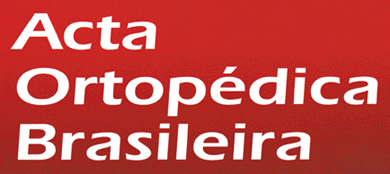ABSTRACT
Objective:
To evaluate the use of infiltration of periarticular analgesic agents intraoperatively in total knee arthroplasty (TKA), with regard to benefits, reduction of pain, opioid consumption, improvement of range of motion and early ambulation.
Methods:
To analyze the benefits of periarticular drug infiltration, the patients submitted to TKA were evaluated, being separated into two groups. One group received the local periarticular infiltration protocol containing 0.5% bupivacaine (400mg/20ml), 1/1000 epinephrine (0.3ml), triamcinolone hexacetonide (20mg/1ml), clonidine (150mcg/1ml) and 20 ml of saline (0.9% SS) and, the other group underwent conventional intravenous analgesia. The results were compared and the variables analyzed were age, sex, BMI, comorbidities, postoperative complications, pain, functional capacity, range of motion, transfusion and rescue opioids for analgesia.
Results:
The mean age of the patients was 68 years and most were female and presented involvement of the left knee. Postoperatively, patients who had received periarticular infiltration showed improvement of pain as well as functional capacity.
Conclusion:
The analysis of data obtained demonstrated that the periarticular infiltration of analgesic agents is significantly effective for pain control and functional recovery.Level of Evidence II, Prospective Comparative Study.
Keywords:
Analgesia; Arthroplasty; Knee; Seepage

 Thumbnail
Thumbnail
